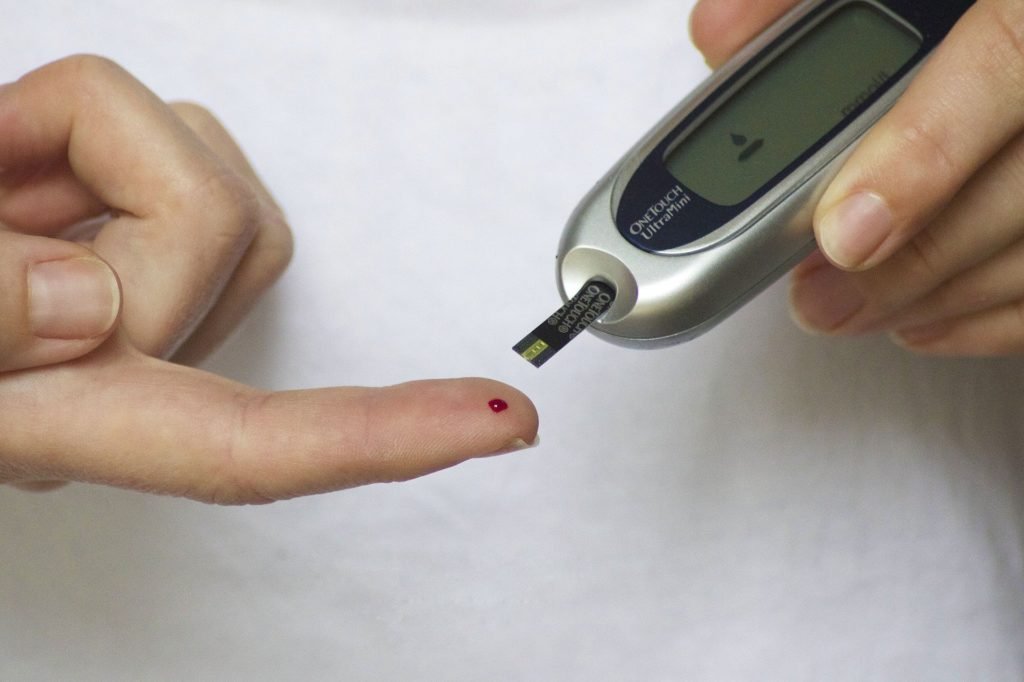There are many reasons why you might want to work with individuals attempting to overcome addiction and substance abuse issues, just as there are many ways to do so. Perhaps you have overcome similar problems yourself or have seen the damage that drug use and addiction can do to a loved one or family member. Many people have been affected by substance misuse, with the National Institutes of Health reporting that one in 10 US adults have suffered from a drug use disorder at some point in their lives.
A growing need
There is a growing need for mental health professionals who specialize in drug and alcohol abuse. Working in this area can be challenging but rewarding, as you help individuals take control of their lives and address the underlying issues that lead to addiction.
Many people who develop substance issues do so because of other mental health problems, and those working with addiction often have to deal with co-occurring conditions. Treating these problems may involve working alongside other healthcare professionals. Supporting those with addiction is often a team effort, and there are many different roles to choose from.
Requirements and qualifications
Counselors, social workers, nurses, physicians, psychologists, therapists and pharmacists all have roles to play in tackling substance abuse in individuals and in society. Each of these professions will have different requirements, so it’s worth thinking about which of them most appeals to you.
The first step toward working professionally with addiction and substance misuse is to obtain the appropriate qualifications. In most cases, this will involve an appropriate bachelor’s degree and possibly a master’s degree or higher academic credential. Additional professional and specialized certificates may also be required, as well as licenses to work in a particular state or territory.
Counseling
One of the most direct routes to a career helping those with addiction is to become a counselor. You might choose to specialize in working with adolescents who have substance abuse issues or as a general counselor in a school or university. The qualifications you’ll need will vary depending on your employer and the state you’re working in, but a relevant bachelor’s degree is usually essential. You can then choose from several graduate courses in counseling, including master’s degrees.
The credentials and licensure you’ll need will often be specific to the state or territory you want to work in. Walsh University Online offers a chemical dependency counseling program that’s endorsed by the Ohio Chemical Dependency Professionals Board. Students can acquire a graduate certificate in addiction counseling as an enhancement to a clinical mental health counseling or school counseling degree.
A qualification in addiction counseling is also useful for nurses, therapists and other healthcare professionals.
Nursing
To become an addictions nurse, you’ll first need to follow the standard path to becoming a registered nurse (RN). This involves completing an associate or bachelor’s degree in nursing and then taking the NCLEX-RN examination. As an RN, you can choose to specialize in helping those with addictions and/or substance issues.
By undertaking further study, you could become a Certified Addictions Registered Nurse (CARN). You can then go on to become an Advanced Practice Certified Addictions Registered Nurse (CARN-AP). This latter qualification requires a master’s degree in nursing alongside a minimum of 500 supervised hours in addictions and 1,500 hours of nursing experience with substance abuse disorders as an advanced practice nurse (APN) over the previous three years.
Physicians
To become a physician specializing in addiction, you’ll need a medical degree from an accredited institution, and residency completion in a primary medical specialty. After acquiring board certification from the American Board of Medical Specialists and a medical license for the state or territory you’ll be working in, you can seek out additional training and experience in addiction medicine.
What to expect from your studies
Subjects that you might expect to cover as part of a bachelor’s degree in addiction and recovery might include abnormal psychology, lifespan development, and the sociology of social problems. You’ll develop addiction counseling skills for different settings – for instance, with individuals, with groups, and with families.
If you go on to take a master’s degree in the same area, then you might cover substance abuse prevention, psychopharmacology, and more advanced group counseling techniques. You’ll also specialize further, perhaps in teen therapy, alcohol abuse or behavioral problems such as eating disorders.
Finding a role
With a bachelor’s degree, you can work as a behavioral health technician, a health educator, a community service coordinator, or in another admin role at a treatment center or organization. If you want to become a counselor or a therapist, working directly with individuals or groups, then you’ll probably need a master’s degree as well as state-specific licensure and certification.
Soft skills
As well as formal qualifications and experience, there are a great number of personal qualities or soft skills that are essential for anyone working in the addiction field. Some of these are analogous with good parenting skills, such as the ability to empathize while setting clear boundaries, to be firm in maintaining loving discipline, and to able to say ‘no’ in a calm and resolute manner.
An addictions counselor needs patience, understanding and excellent communication skills. You’ll need to be a good listener, and also someone capable of conveying complex technical information, as well as hard facts that may be emotionally distressing to clients and their families. Counselors need to be able to read body language and to be able to tell when someone is lying.
Self-care
Because of the challenges of addiction counseling work, it’s also essential to be able to shut off from your job, take time for yourself, and practice self-care. While addictions counseling can be incredibly rewarding, it also comes with a risk of burnout if boundaries aren’t adhered to. New counselors are advised to find a good professional mentor, as well as make sure that they have an excellent support network of friends, family and colleagues they can talk to.
Know what the role entails
While wanting to help people struggling with addiction is laudable, it’s essential to know what a support worker role entails before you commit to a career. Therefore, your education and training will include an internship or other form of work experience. However, even before you begin your studies, you should get an idea of what the job is like through personal research, volunteering or shadowing someone already working in the kind of position you aspire to.
Different job descriptions will involve different duties, and the work can vary from day to day. You might go from providing individual counseling to facilitating a group therapy session. You’ll need to confer and communicate with other healthcare professionals, as well as clients’ family members. Coaching, education, therapy and recovery support are all areas you might find yourself working in.
Besides sessions with clients, you’ll also be expected to keep up with administration tasks, including charting client progress and documenting cases. You’ll need to plan out a course of treatment, which may incorporate a 12-step program. Competency in patient assessment and screening, and an appreciation of different cultural contexts, are also important. Finally, you’ll need to be flexible and able to respond to unexpected crises when they arise.
National Certified Addiction Counselor
In addition to the above study paths and qualifications, there are also three levels of voluntary credentials offered by the National Certification Commission for Addiction Professionals (NCC AP). These qualify you as a National Certified Addiction Counselor Level I, a National Certified Addiction Counselor Level II, and a Master Addiction Counselor, respectively.
To achieve level-one certification, you will need the equivalent of a high school diploma or higher, and a current state-recognized credential and license as a professional counselor. You’ll also need at least 6,000 hours (three years) of supervised experience as a substance abuse counselor, and a minimum of 270 hours of education and training in a subject related to addiction counseling. Finally, you’ll need to pass an NCACI exam.
Level-two certification requires a bachelor’s degree or higher in a counseling field related to addiction or substance abuse and a minimum of 450 hours of relevant education or training, in addition to three years of supervised experience. You’ll also need to sit an exam.
To become a master addiction counselor (MAC), you’ll need a master’s degree or higher, more than 500 hours of relevant education, and to pass the MAC exam.
Conclusion
The challenges of working in the field of addiction and substance abuse should not be underestimated. However, alongside these you’ll find a myriad of opportunities for service and personal growth. You’ll constantly be learning and will have a meaningful career where you get to have a direct and ongoing positive impact on your clients’ lives.
The greater the level of education you achieve, the more you’ll be able to help your clients and the wider community. There are many different paths, depending on whether your goal is to become a counselor, therapist, nurse or physician. Nevertheless, specific credentials related to addiction and recovery can help you begin making a positive difference in the world.


